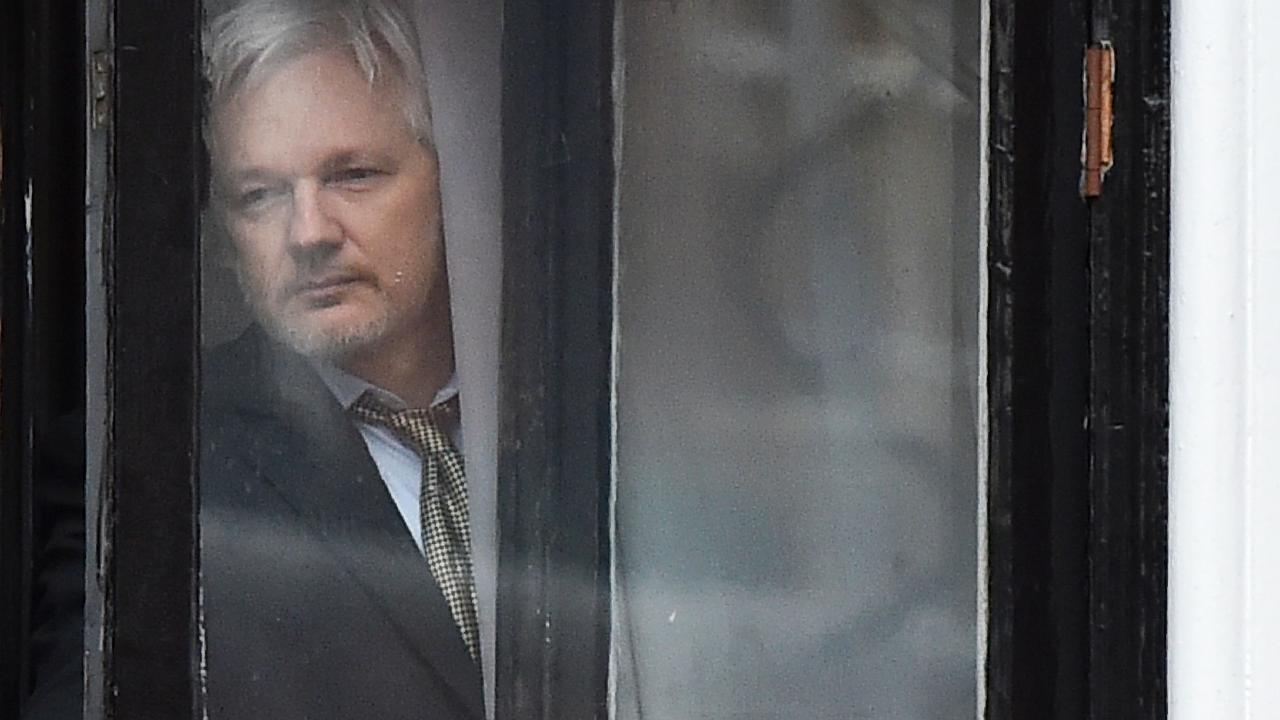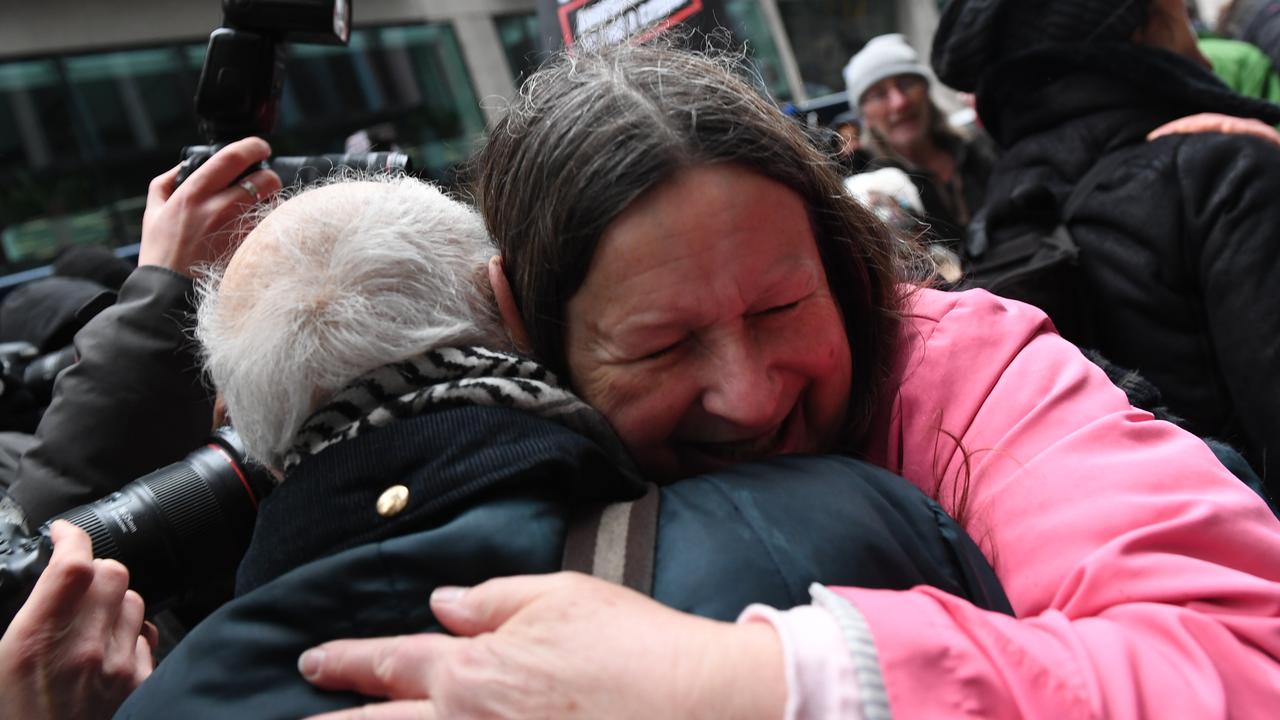Julian Assange: UK judge rules against extraditing WikiLeaks founder to the US
A judge in the UK has ruled against extraditing WikiLeaks founder Julian Assange to the United States, citing mental health concerns.
A judge in the United Kingdom has ruled against extraditing WikiLeaks founder Julian Assange to the United States, citing mental health concerns.
Authorities in the US want to prosecute Mr Assange, 49, over the publication of thousands of classified military and diplomatic documents in 2010 and 2011.
They argue the leaking of those endangered lives, whereas Mr Assange says he is being pursued for political reasons.
Last year he was indicted on 17 counts of violating the Espionage Act, plus one count of violating the Computers Fraud and Abuse Act.
In her ruling on Monday, Judge Vanessa Baraitser accepted that US authorities were acting “in good faith” and that Mr Assange may have broken US laws, but said his mental state was such that he could not be extradited.
“Notwithstanding the strong and constant support he receives from his family and friends, Mr Assange has remained either severely or moderately clinically depressed throughout his detention,” Judge Baraitser said.
“His prison medical notes record numerous occasions on which he had told the prison psychologist, Dr Corson, and other medical staff that he had suicidal or self-harming thoughts, felt despairing or hopeless and had made plans to end his life.
“On May 5, 2019 half of a razor blade was found in his cell, inside a cupboard and concealed under some underwear. Shortly after this, on May 19, an ACCT review stated that Mr Assange was finding it hard to control the thoughts of self-harm.
“I accept that there are entries in the notes which indicate a much better mood and lighter spirits at times, however the overall impression is of a depressed and sometimes despairing man, who is genuinely fearful about his future.
“For all of these reasons I find Mr Assange’s risk of committing suicide, if an extradition order were to be made, to be substantial.”

Because he has been charged under the Espionage Act, Mr Assange would likely face detention in a maximum security prison if extradited to the US, and the imposition of “special administrative measures” (SAMs), which are imposed in the name of protecting information critical to national security.
Such measures can include housing an inmate in administrative detention and limiting certain privileges, including correspondence, visits, interviews with journalists and phone usage.
“I am satisfied that, if he is subjected to the extreme conditions of SAMs, Mr Assange’s mental health will deteriorate to the point where he will commit suicide,” Judge Baraitser concluded.
“It is my judgment that there is a real risk that he will be kept in the near isolated conditions imposed by the harshest SAMs regime, both pre-trial and post-trial.
“A SAMs regime would severely restrict his contact with all other human beings, including other prisoners, staff and his family. He would have absolutely no communication with other prisoners, even through the walls of his cell, and time out of his cell would be spent alone.”
She said Mr Assange “undoubtedly has the intellect to circumvent” prison authorities efforts to prevent him from taking his own life.
“I find that the mental condition of Mr Assange is such that it would be oppressive to extradite him to the United States.”
US prosecutors have said they will appeal the ruling within the next fortnight.
Mr Assange closed his eyes during the ruling and wiped his forehead as the decision was announced. His fiancee, Stella Morris, burst into tears and was embraced by WikiLeaks’ editor-in-chief, Kristinn Hrafnsson.
Outside court, Mr Assange’s supporters cheered and hugged each other. They had been gathered since the early morning.
“Free Assange!” they chanted.


The Freedom of the Press Foundation, a US non-profit organisation, described the result as a “huge relief”, but noted that Judge Baraitser’s ruling was not based on concerns about press freedom.
“The case against Julian Assange is the most dangerous threat to US press freedom in decades,” it said.
“The extradition request was not decided on press freedom grounds. Rather, the judge essentially ruled the US prison system was too repressive to extradite.”
After Sweden first issued an arrest warrant for Mr Assange in 2010 over allegations of sexual assault, he sought asylum in Ecuador’s embassy in London, where he remained from 2012 until 2019.
In April of that year, Ecuador revoked his citizenship, and British police arrested him for breaching his bail terms.
He remained in custody, pending the ruling on US prosecutors’ extradition request. The earlier Swedish assault investigation was later dropped due to lack of evidence.
- with AFP




